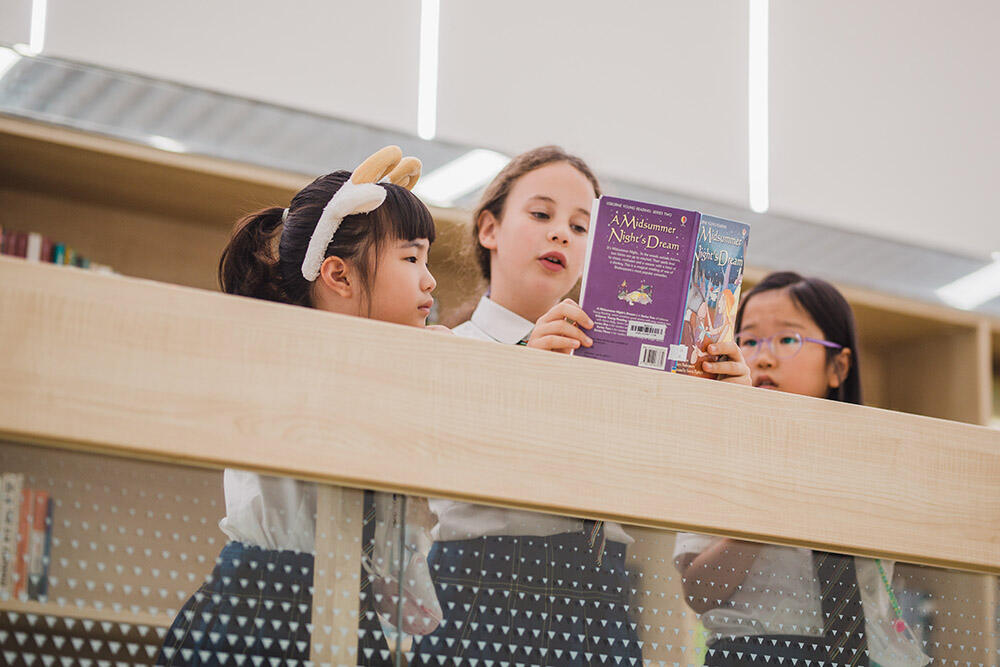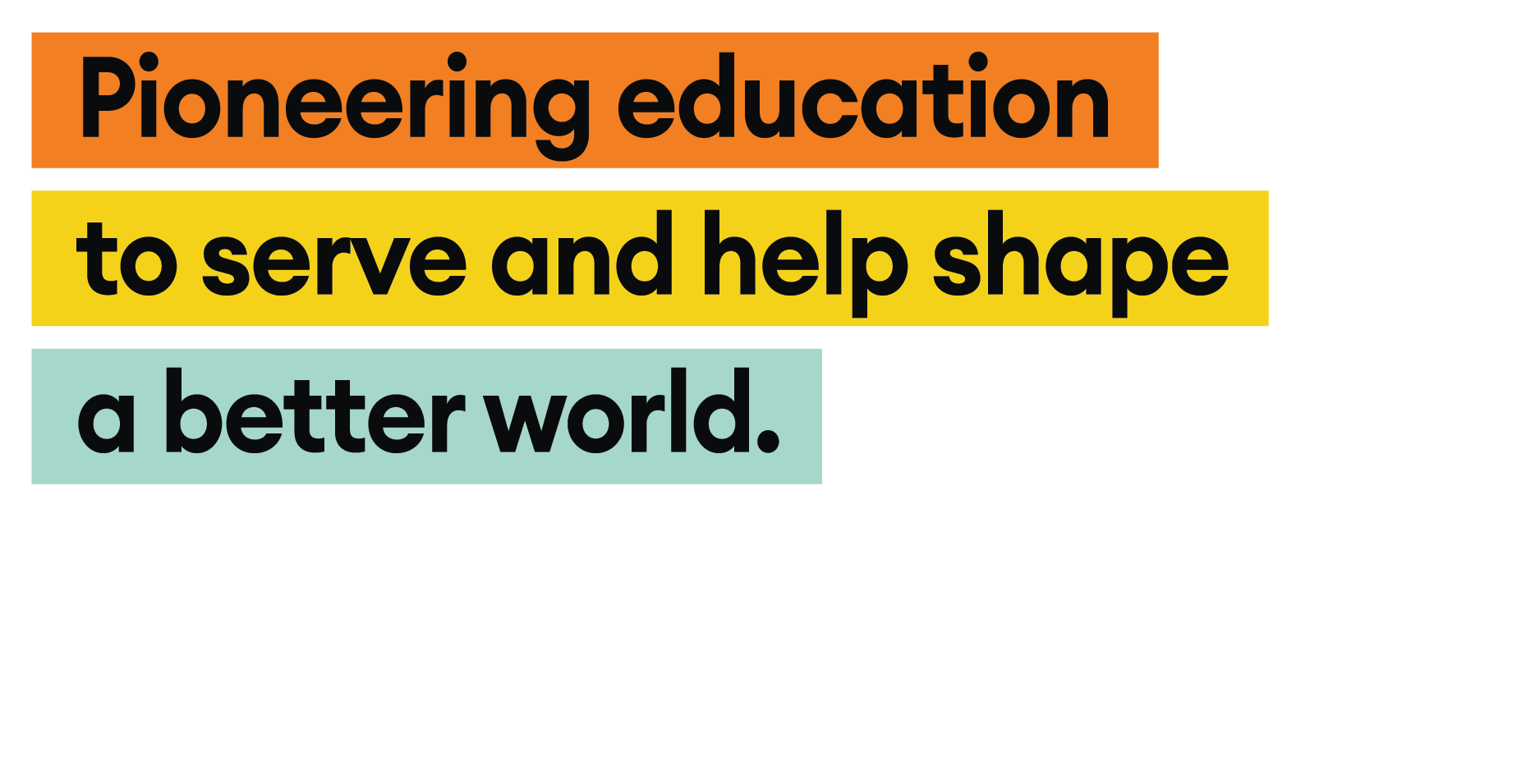Learning through Music
Ms Jenny Lim
Year 3 Teacher
In our Junior School, integrating music into the curriculum plays a crucial role in nurturing young minds and supporting their overall development. It helps children to calm down and be ready to learn by aiding in concentration. This is particularly beneficial in a classroom setting, where a calm and focused environment is essential for effective learning.☛ Learn more

MUSIC
Furthermore, music encourages pupils to imagine and inspires children to dream, fostering creativity. When children engage with music, whether through singing, playing instruments, or simply listening, they are transported to imaginative worlds that can enhance their creative thinking and problem-solving skills. During lessons, music also helps children to have fun, making the learning process enjoyable and engaging.
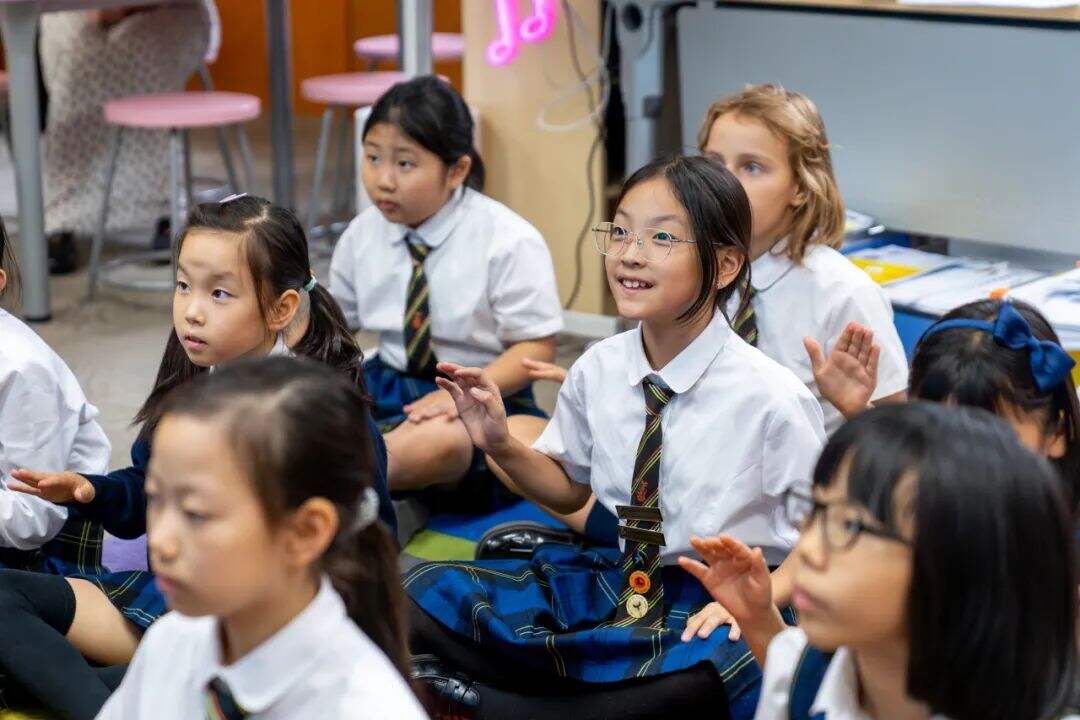
Learning how to play musical instruments such as the piano or violin builds up children's confidence. Mastering a new skill gives them a sense of accomplishment and boosts their self-esteem. Additionally, music education offers opportunities to apply mathematics skills; for instance, reading musical notes involves understanding how to calculate beats and rhythms, which can reinforce mathematical concepts in a practical and enjoyable way.
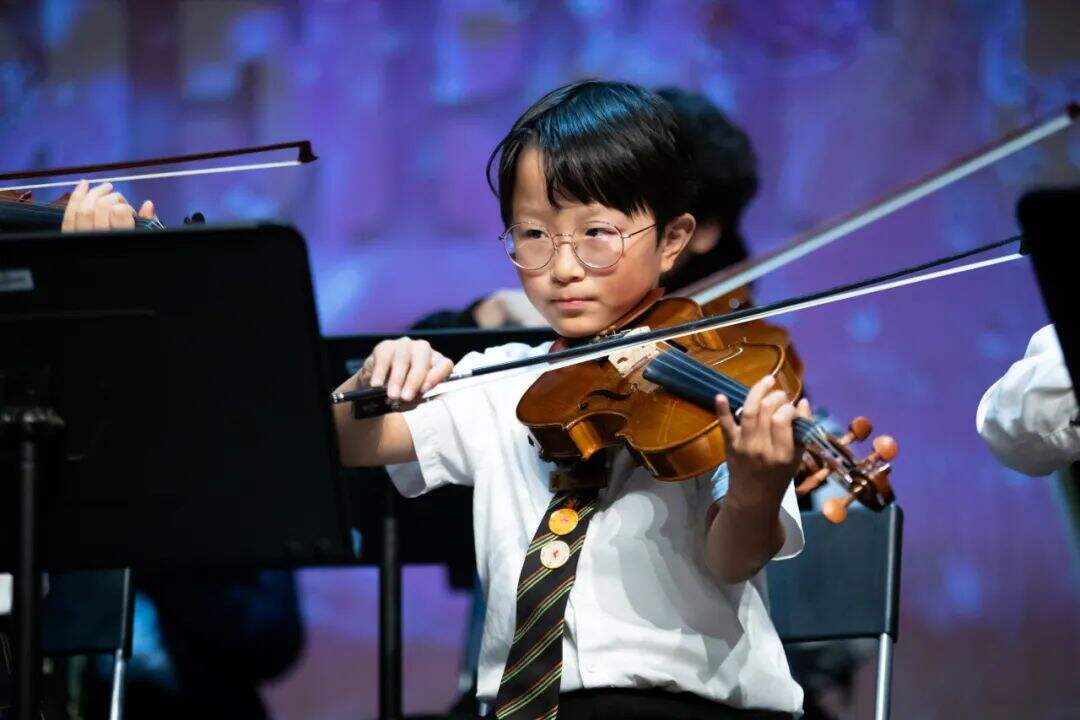
Through music, pupils also learn how to express their emotions. Playing instruments provides an outlet for children to convey feelings they might not yet have the vocabulary to articulate. This emotional exploration can be incredibly therapeutic and beneficial for their emotional development.
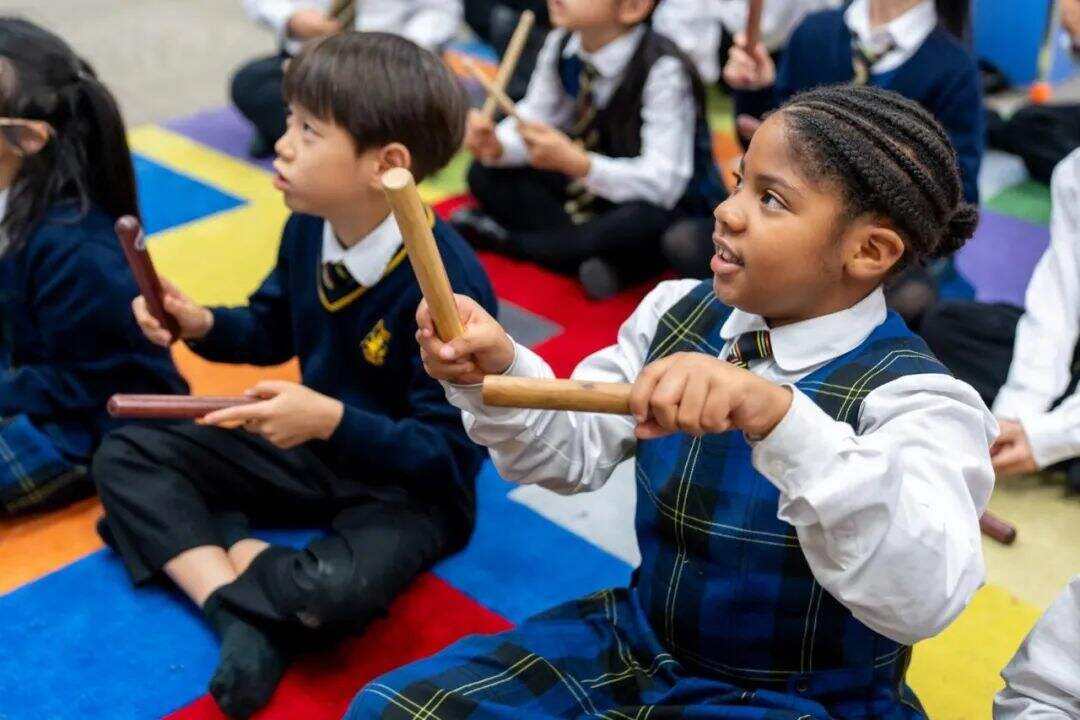
Listening to classical music, pupils can explore the culture of different countries and appreciate cultural diversity. Classical pieces often carry the essence of the culture from which they originate, offering insights into history and traditions. Moreover, pupils can feel the mood and nuances of different music genres, enhancing their emotional intelligence and cultural awareness.
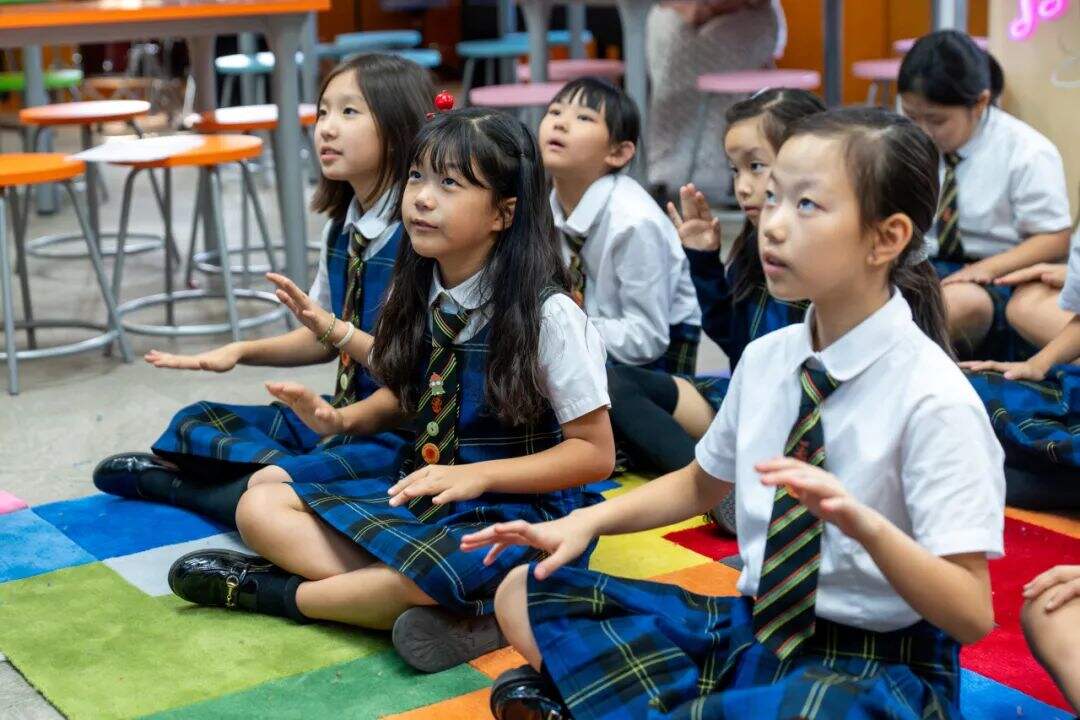
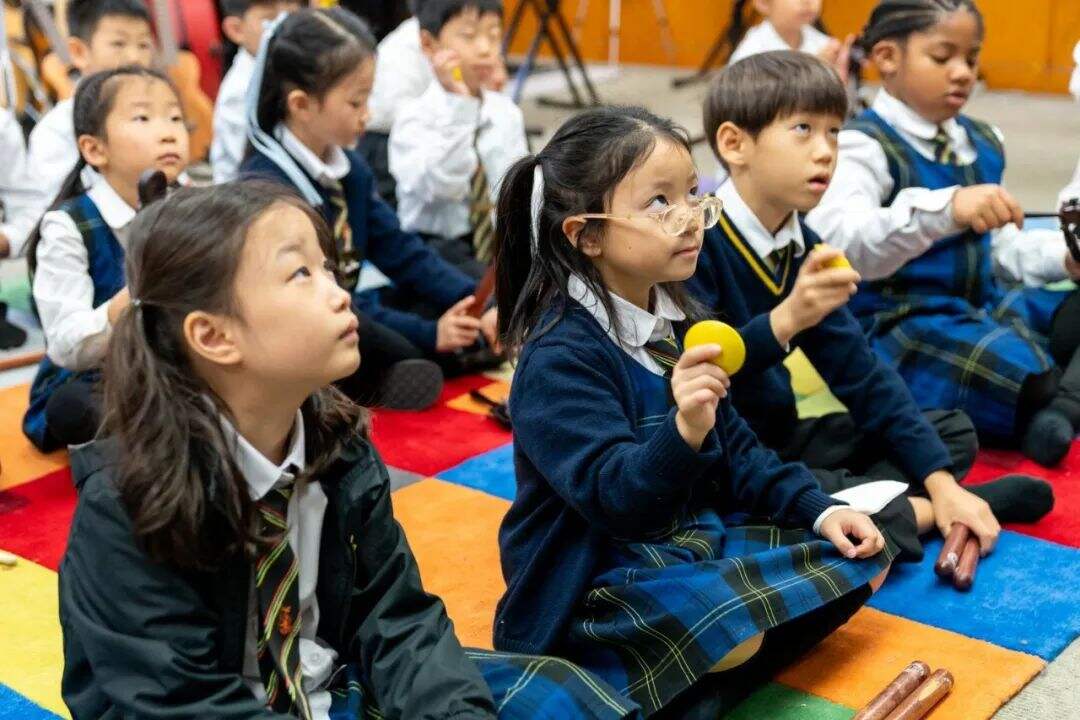
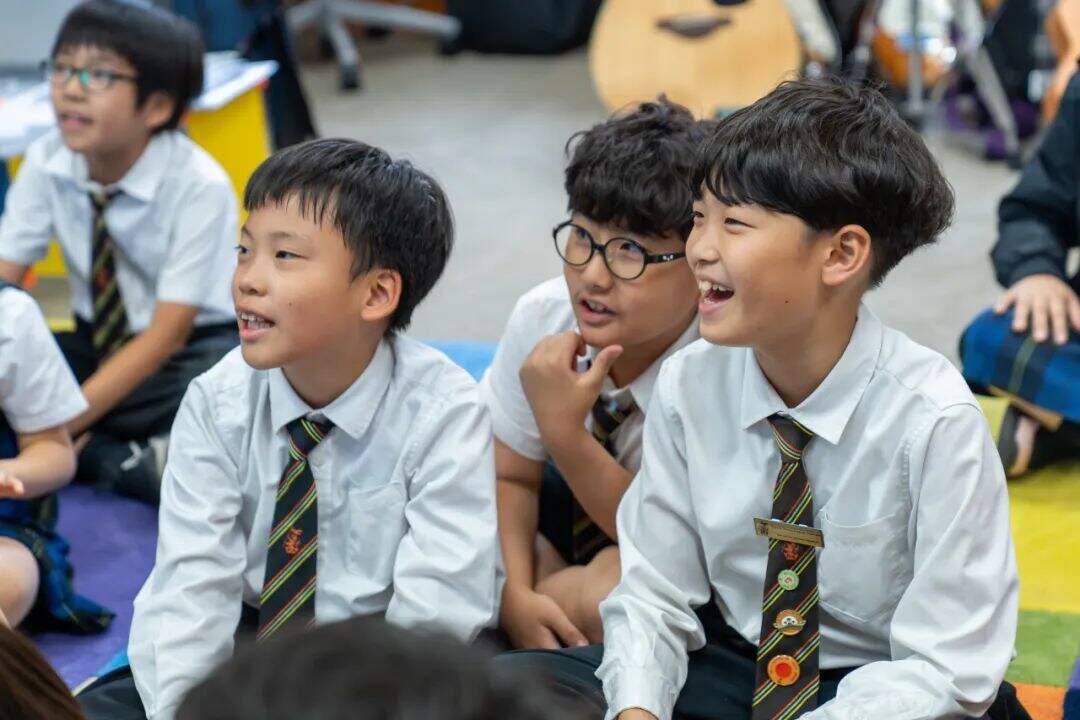

MUSIC
In conclusion, music is a powerful tool in junior school education. It supports pupils' wellbeing, fosters creativity, builds confidence, reinforces academic skills, and promotes cultural appreciation. Integrating music into the curriculum not only makes learning more enjoyable but also helps children grow holistically.
Related Articles









 Channel
Channel 
 Linkedin
Linkedin  Facebook
Facebook  Ins
Ins 

